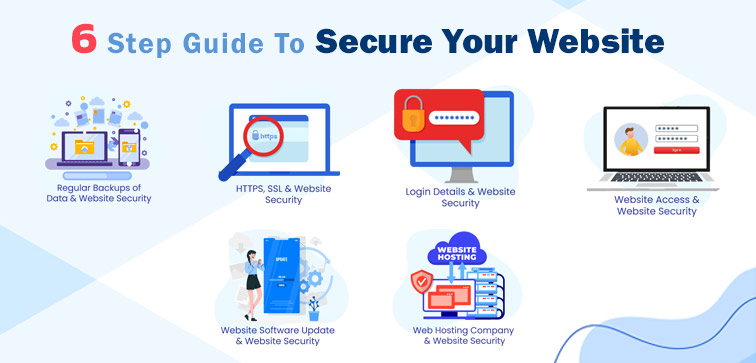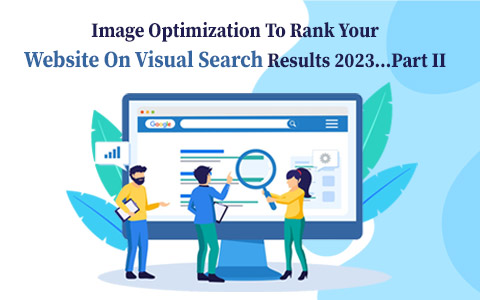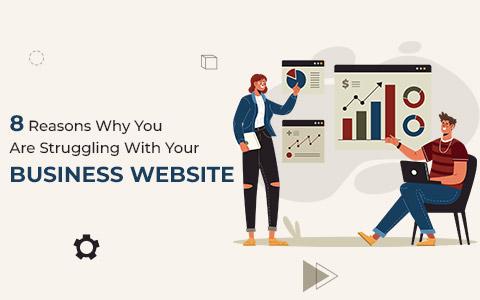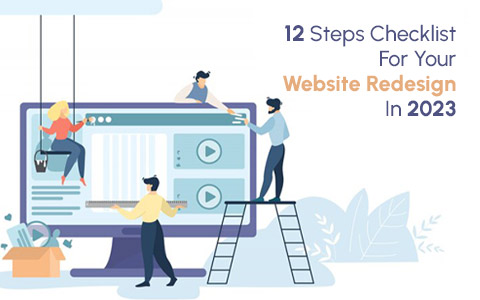6 Step Guide To Secure Your Website
 August 31, 2022
August 31, 2022 Software Development Services
Software Development Services
“It takes 20 years to build a reputation and few minutes of cyber-incident to ruin it.”- Stephane Nappo

Your website is not just an asset to exhibit your brand name online. It is a major component of your business through which you connect with your valuable customers.
Technology is transforming and progressing at a rapid pace and if you are not careful enough, you might end up jeopardizing your web security and failing to secure your personal and customers’ information.
Businesses without active web security strategies do risk getting attacked by malware and cyber-thieves that leave their IT infrastructure, websites, and networks vulnerable to such suspicious and unethical activities.
In this blog, we will discuss six ways to secure your website and make sure you have a plan in place to stay away from cyber-attacks and mishaps.
It takes professional expertise to ensure your business website is optimized and designed to keep the business operations running seamlessly while keeping foreign and undesirable elements out of reach.
Midas is your trusted and industry certified web development & Software Testing Services company in India. We are just a call away! Check out our top services and reach out today!
Six Step Guide To Secure Your Website From Malware And Other Infringements:
1. Regular Backups Of Data & Website Security:
It is one of the simple and basic website security strategies that you should not ignore.
Regular backups of your website data are essential in case your website data gets hacked or deleted by hackers.
You must secure your data on an offline device. Doing so will make it easier to restore your website data in case of any data anomaly.
2. HTTPS, SSL & Website Security:
To protect the integrity of your website and secure it from intruders and malicious attackers, it is important to activate the HTTPS protocol on your website for all your folders with important/sensitive data.
You can check with your web hosting provider for HTTPS service. To activate SSL (Secure Sockets Layer) you can consult your domain name provider and purchase an SSL certificate.
SSL will prevent threats such as data breaches and phishing scams while maintaining a safe website for businesses and visitors/consumers/users.
Search engines like Google are more likely to rank websites with SSL certificates higher on search results than the ones without an SSL certificate.
3. Login Details & Website Security:
This is another point to duly add to your website security strategy and that is to change your website login details frequently (in every few weeks will do).
Make sure you don’t use easy to decipher information as your login detail, such as your birthday or your maiden name, etc.
Use a mix of special characters, letters, and numbers in your login details which are not easy to guess for anyone.
4. Website Access & Website Security:
Make sure when giving access to your website to your team, you only grant it to a limited number of people for security reasons.
Also, make sure every team member has their own login details which will grant them access only to relevant data which specific and related to their work.
If your employee is relieved from the job (leaving the company) then make sure to revoke their access to your business website (which is again for security purposes to safeguard the company data).
5. Website Software Update & Website Security:
You must keep your website software updated.
There is a high chance of losing your data and getting security breached by hackers when you are relying on outdated software which is vulnerable to such attacks/threats.
Use the latest versions of your system software such as plugins, WordPress, CMS, etc.
6. Web Hosting Company & Website Security:
When hosting your web hosting service, don’t try to go for a cheap solution.
You must make sure the hosting service provider is able to provide solid safety and security to your website from any data mishap or threat.
Often cheap web hosting services are on a shared server that’s why they are cheaper in cost compared to other elite service providers.
A shared server means you are risking your website security by sharing servers with other websites.
Conclusion:
Midas is one of the leading website development and QA service providers in India. You can contact us for custom website design, development, and quality assurance. Check out our service section for more information on our top services. Call Today To Speak To Our Development Experts and stay tuned for our next blog!
popular post
-
10 Essential Colors that make Best Logo Colors

-
7 Pro Tips To Know For Mobile eCommerce Website 2020-21…Part II

-
30 Most Anticipated Website Design Trends For 2023…Part III

Categories
- Internet Marketing (13)
- Software Development (8)
- Mobile Apps Development (44)
- Web Designing (32)
- Web Development (60)
 business@midaswebtech.com
business@midaswebtech.com




